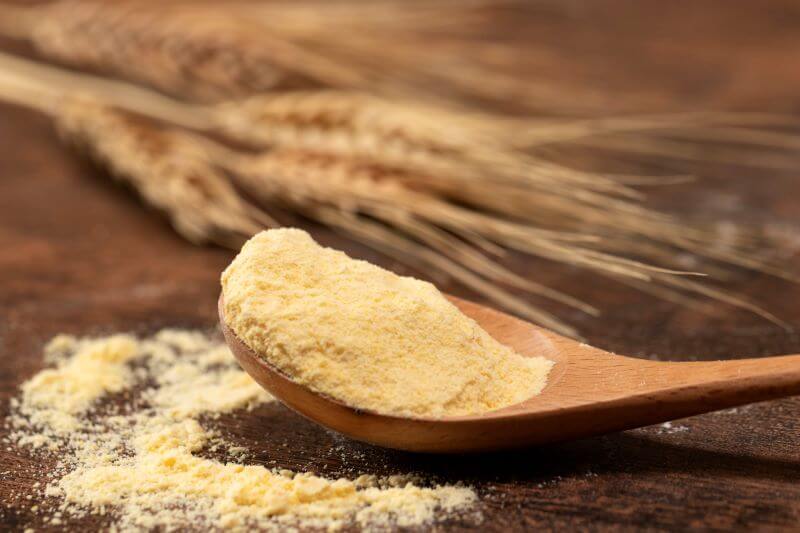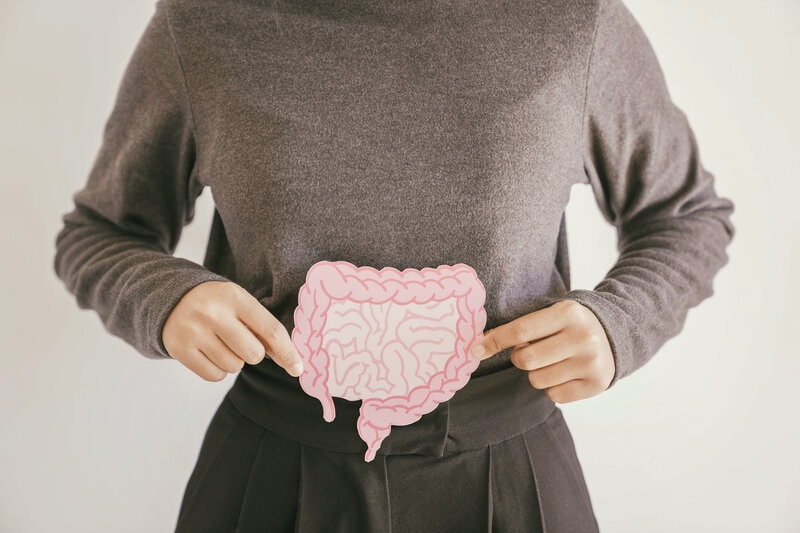Is tea truly the health ally we believe it to be? While it is rich in antioxidants and recognized benefits, some studies raise concerns about its lesser-known effects, which may even be harmful. Can it be consumed without moderation, or should precautions be taken? Let’s break it down.
Tea ranks as the second most consumed beverage globally, following water. Enjoyed for its flavor and supposed advantages, it comes in various types and is part of everyday life for millions. Its benefits have been touted for centuries, with modern science affirming some of its positive attributes—such as protective antioxidants, beneficial effects on heart health, and brain stimulation.
However, while tea appears to be a health booster, certain studies highlight potential side effects, especially when consumed in excess. With both its acknowledged benefits and possible risks, how much of a role should tea play in our diet? Can we drink it freely, or are there reasons for caution? The answer lies in the quantity.
Tea and Its Numerous Benefits
Tea is one of the most consumed drinks worldwide, right after water. In countries like China, Japan, India, and England, it is woven into culture and daily routines. Often described as a miracle drink, it boasts powerful antioxidants, polyphenols, and L-theanine, an amino acid that promotes relaxation.
Some of its most recognized benefits include:
- Heart protection: Research shows that green tea, high in catechins, can lower bad cholesterol (LDL) and enhance cardiovascular health. One study indicated that consuming tea three times a week is linked to a decreased risk of stroke and heart disease.
- A countermeasure against cellular aging: Thanks to its antioxidants, tea helps fight oxidative stress, a key factor in premature cellular aging.
- A brain booster: Theine, akin to caffeine yet milder, promotes alertness without the jitters often associated with coffee. When paired with L-theanine, it enhances concentration and memory.
While these benefits are scientifically validated, does this mean drinking tea is universally good for health? The response is complex.
Excessive Tea: What Health Risks Exist?
Impact on Iron Absorption
Although tea generally offers health benefits, overconsumption can lead to unexpected consequences. Tea contains tannins, compounds that hinder the absorption of non-heme iron (found in plant sources). A study published in The American Journal of Clinical Nutrition showed that drinking tea during meals can diminish iron absorption by up to 70%. This presents a significant risk for individuals with anemia or vegetarians who primarily rely on plant-based iron sources.
To counteract this: consume tea away from meal times and include foods rich in vitamin C (such as kiwis, citrus fruits, and bell peppers) to enhance iron absorption.
Risk of Kidney Stones
Tea, particularly black tea, is high in oxalates, and an excess can contribute to the formation of kidney stones as it accumulates in the organs. Research has also identified black tea consumption as a risk factor for those predisposed to this condition.
To mitigate this: alternate with herbal teas or green tea, which contains significantly fewer oxalates than black tea.
Potential Digestive Issues
Drinking tea on an empty stomach or in large quantities can irritate the digestive lining, leading to heartburn or even diarrhea. The caffeine found in tea promotes gastric acid production, potentially aggravating gastroesophageal reflux.
To avoid this: steer clear of very concentrated or hot tea, especially if you have pre-existing digestive issues.
Tea and Cancer: A Matter of Temperature
A study published in the International Journal of Cancer found a correlation between the consumption of piping hot tea and an increased risk of esophageal cancer. Researchers concluded that drinking tea hotter than 65°C could damage esophageal cells and eventually encourage tumor development.
The recommended approach: allow tea to cool before consumption, ideally to under 60°C.
Plastic Tea Bags: An Overlooked Danger
If you use modern tea bags (often made from nylon or plastic), be cautious! A study from McGill University in Canada found that a single plastic tea bag releases over 11 billion microparticles and 3 billion nanoplastic particles into just one cup of tea.
While the health implications of these particles are not fully understood, scientists advise caution.
To be safe: opt for loose leaf tea or unbleached paper tea bags.
So, Is Tea Good or Bad for Health?
In summary, tea is a drink with numerous health benefits, but it should be consumed in moderation. Drinking tea in itself isn’t harmful, but certain precautions are necessary:
- Avoid drinking at excessively high temperatures.
- Limit consumption to 3-4 cups per day to minimize potential negative effects.
- Be mindful of its impact on iron absorption and refrain from drinking during meals.
- Vary your tea choices (green, white, rooibos) to reduce risks associated with oxalates.
- Choose loose leaf tea or biodegradable bags to lessen exposure to microplastics.
IMPORTANT TO NOTE
While tea is often seen as a healthier alternative to coffee, it can still affect tooth color. Due to its high tannin content, especially in black tea, regular consumption can lead to dental stains. Black tea is even more pigmented than coffee because of its concentration of polyphenols.







